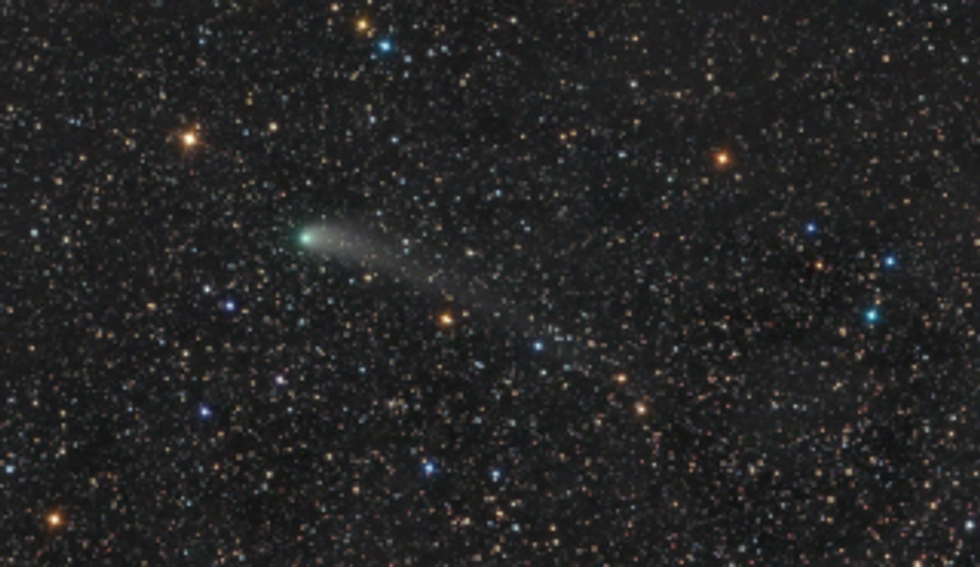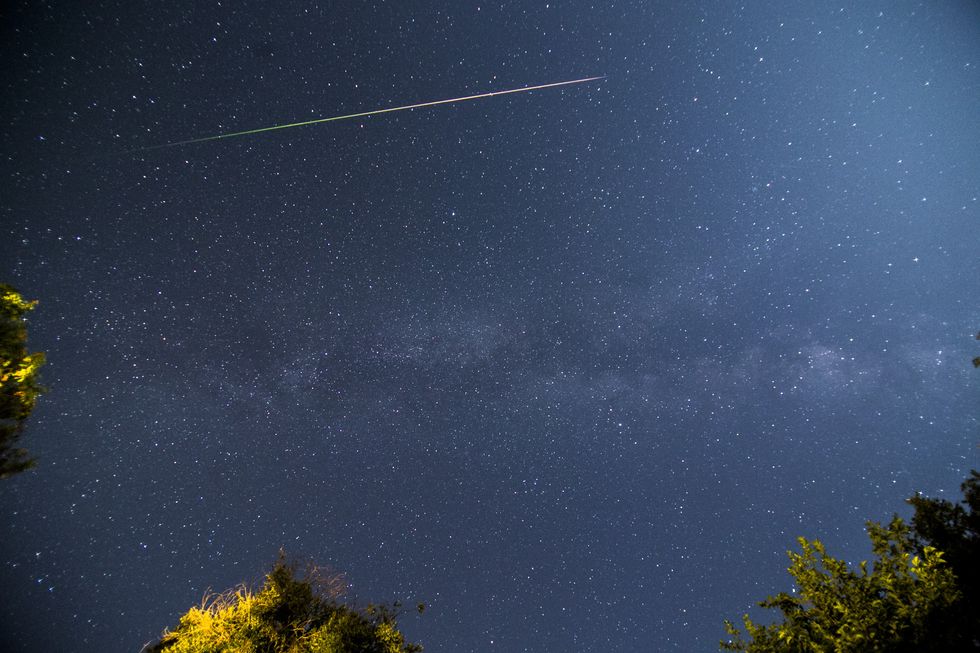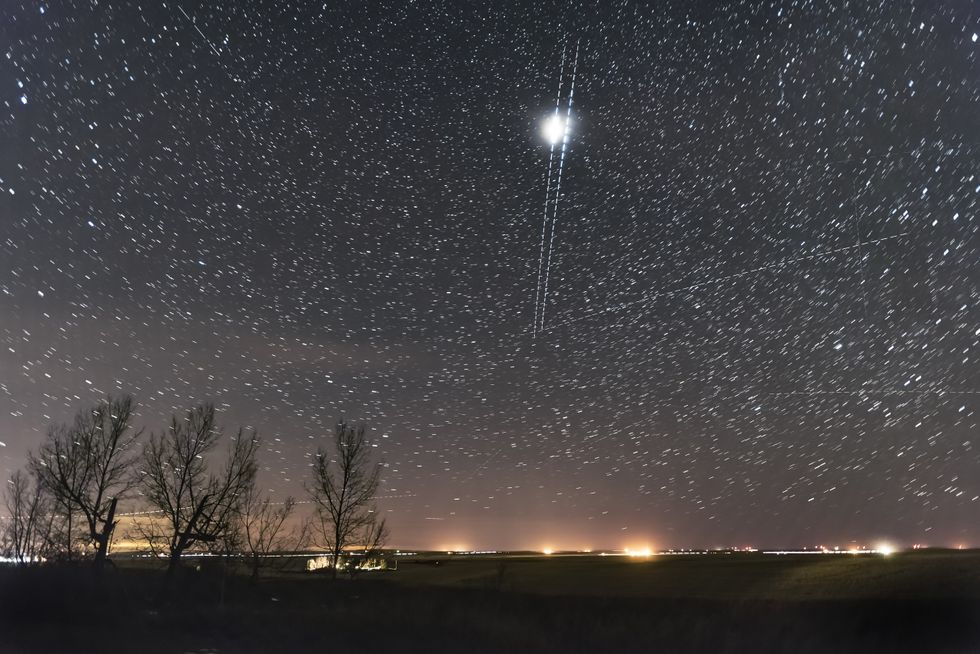Experts have been encouraging anyone with footage of the comet to come forward
Don't Miss
Most Read
Trending on GB News
Stargazers have been preparing for an incredibly rare comet with a missing tail set to soar past Earth in just a few days time.
People are being encouraged to photograph the comet as it passes.
The comets are like cosmic "windsocks" due to their ability to indicate the strength and direction of solar wind, researchers at the University of Reading have claimed.
Such a development means the comet can highlight streams of charged particles from the sun that can damage technology on Earth.

Comet C/2021 S3 Pannstars
UNIVERSITY OF READING
Photographs could prove essential for scientists to determine the solar wind conditions.
It would prove even more useful if the comet’s tail detaches.
PhD researcher Sarah Watson, who is leading the project, claimed learning about solar wind can help scientists forecast it and limit the resulting harm.
Watson added: "We need lots of timed photos of the comet to build up a picture of its journey through our solar system.
LATEST DEVELOPMENTS:
A stock image of a comet
GETTY
"This is a fantastic opportunity for amateur astronomers to get out their telescopes, capture a truly spectacular cosmic moment and make a big contribution to some important science."
The comet is known as C/2021 S3 Pannstars and does not pose a danger to Earth.
The University of Reading argued the comet will be about as far away as the sun.
The comet has been in the night sky since February 14 and will remain visible until the end of March.

An image of a comet
GETTY
It will become easier to spot in the coming weeks as it appears further from the sun.
However, it will remain invisible to the naked eye.
Astronomers can use a camera with a large lens or a small attachable telescope to capture a quality image.
Experts have warned the charged particles can damage satellites, harm astronauts, and even cause communications to go "haywire".









